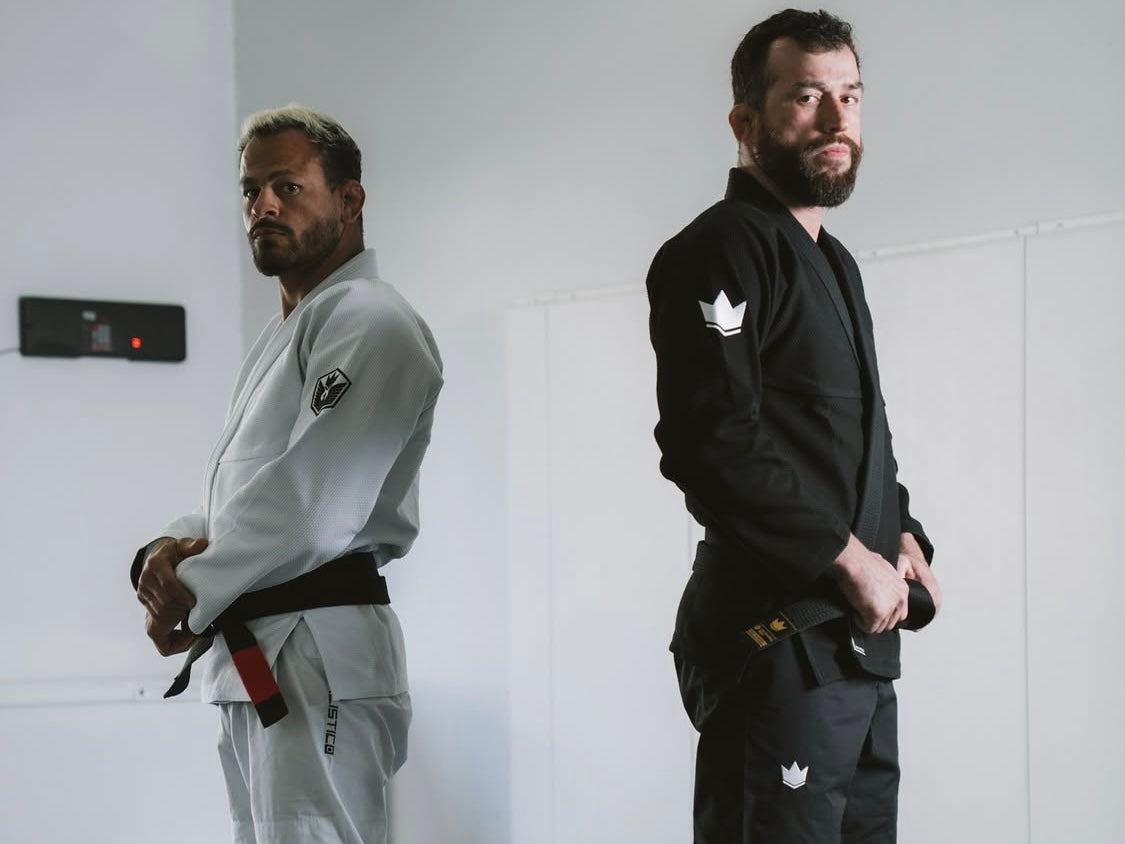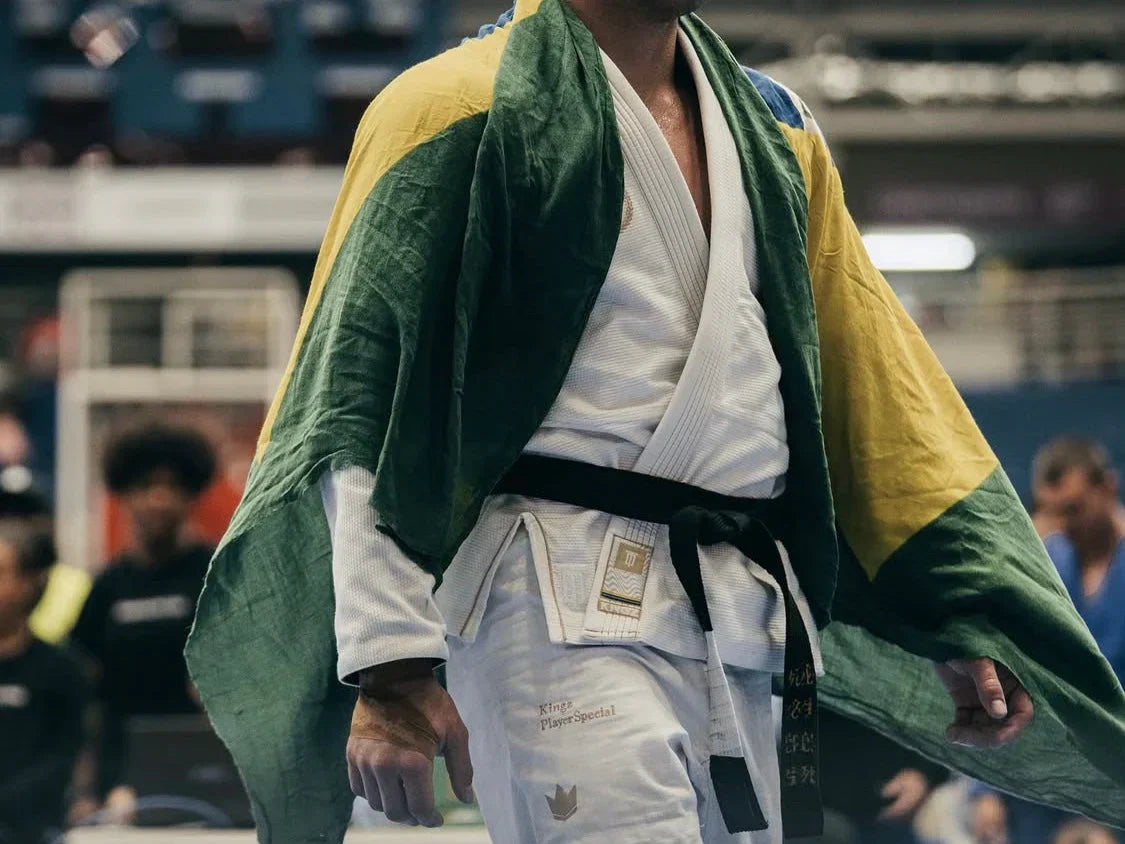News
-
Language is important to every culture, and the Brazilian jiu-jitsu culture is no different. When you're a brand new white belt, stepping on the jiu-jitsu mat for the very first time, it can be intimidating. Not only do you have this world of techniques and new body movements to learn, but you have to learn the specialized language that goes with it all, too!
We've all been there. And frankly, you will learn, eventually. Just as with any other language, immersion accelerates your fluency. Spend enough time on the mat, and you'll be speaking the "BJJ language" in no time.
But that's not to say you can't get a head start on it all. For those of you proactive students out there, we've summarized some of the most critical words that you will need to know as you embark on your jiu-jitsu journey. As you'll see, some of them are very specific, and others are a bit more broad. What's important to keep in mind is, just like culture evolves, language too evolves. Have fun with it, and never take it too seriously.
-
Wrestling is hard. Well, maybe not for those in the jiu-jitsu community who grew up on the wrestling mats. But for the rest of us, wrestling takes a lot of work. So much work, in fact, that pulling guard is often the more attractive option.
However, neglecting your wrestling skills does your BJJ game a grave disservice. Not only is it such a powerful tool for your arsenal, but today’s jiu-jitsu - especially competitive jiu-jitsu - almost demands it. In fact, the youngest generations of grapplers are growing up on the mat more well-rounded than their predecessors, incorporating wrestling from the very beginning. So, even if you’re not an avid competitor, if you don’t want to get absolutely handled in your own gym by a 14-year-old phenom, you have to know at least the basics.
This is where we come in. No matter where you train and whether they focus on wrestling or not, a few key pointers will go a long way.
-
Just last month, one of the biggest and mostly highly-anticipated events in Brazilian jiu-jitsu took place in Las Vegas: the IBJJF Jiu-Jitsu Con. Not only did the event feature many thousands of competitors and spectators, but also a number of companies catering to the jiu-jitsu industry.
The sheer number of vendors was remarkable, and gave testament to the growing industry. Long gone are the days in which the only way to make a living from jiu-jitsu is to open an academy. However, few of those vendors can boast having global status.
-
Brazilian jiu-jitsu is inarguably one of the fastest growing sports in the world, with untold millions of people practicing worldwide. But how many of those know the history of this martial art that we love so much?
The roots of grappling-style martial arts run deep... certainly as deep as ancient civilizations, maybe even deeper. Japanese jujutsu and judo are also quite old. However, while there's no denying jiu-jitsu's origins in the Japanese style, specifically the practice of Brazilian jiu-jitsu is really only a century old, if you start with the creation of the very first academy dedicated to the new, evolving offshoot.
And that century is full of momentous events that - combined - have led us to where we are today. You could spend hours upon hours going down the rabbit hole of BJJ's history, but if you want something short and sweet, or you need somewhere to start, we've got you covered.
-
Injuries are simply a part of the Brazilian jiu-jitsu journey. Whether you're a hardcore competitor or a weekday warrior, you will experience an injury at some point in your career.
Not only is jiu-jitsu such a physically demanding and dynamic sport, but there are so many factors involved that out of your control: your partner's movements, your own reactions, other people on the mat, even simply the accumulation of sweat that can cause you to slip during a pass. Accidents happen all the time. We can only hope that they are relatively minor, requiring some ice and a couple days of rest.
However, if you're unlucky enough to sustain a major injury - one that takes you out of training for weeks, if not months - coming back to the BJJ mat can be daunting. You're out of shape, your joint or limb is weak and underutilized, and your training partners have only become stronger and better in the time you've been gone. If that's the case, you have to be smart about how you return.





